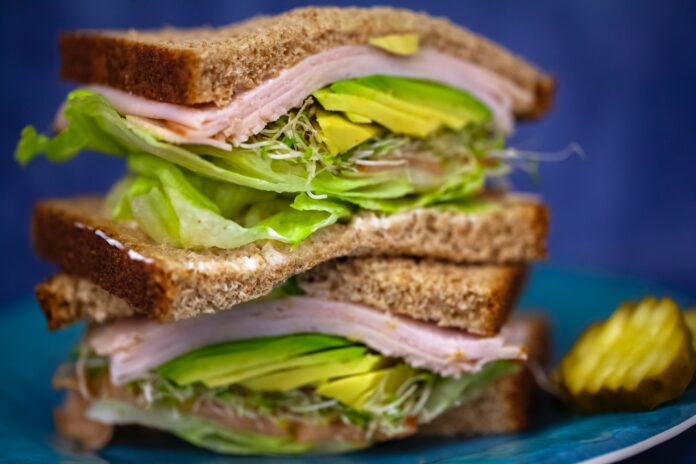New data suggests that it’s more than 50% cheaper to opt for a packed lunch over a catered primary school dinner for your child in 2023.
According to figures revealed by the Liberal Democrats and reported on by The Guardian, the cost of school lunches has increased by more than a third in some areas of England.
To help parents make the right choice for them, CashLady.com has released findings to uncover whether packed lunches, sourced from leading supermarkets, can be cheaper than school dinners.
The research concluded that packed lunches, which follow the same nutritional guidelines as school dinners, can be more than 50% cheaper.
On average, the cost of a packed lunch was found to be £1.20 per day. However, choosing a budget supermarket could see you paying just £1.02 per day. In comparison, some school catering services are charging £2.80 a day or more for lunches.
How much does a packed lunch cost per day?
The costs of packed lunches from five leading UK supermarkets were investigated. Ingredients that follow nutritional guidelines for a primary school lunch, as outlined by the gov.uk website, were selected. This includes:
-
A ham and cucumber sandwich.
-
A banana.
-
A low-sugar yoghurt.
-
Raisins.
As water or milk is the suggested drink for primary school children, we added water in a reusable water bottle to our packed lunch, which should not cost anything extra.
On average, the ingredients for one packed lunch were found to cost an average of £1.20, between the five supermarkets.
The findings suggest that Aldi is the cheapest place to get packed lunch ingredients from, costing £1.02 per lunch, with Morrisons the most expensive at £1.27 per lunch.
|
Supermarket |
Cost per packed lunch |
Cost for a week of packed lunches |
|
Aldi |
£1.02 |
£5.08 |
|
ASDA |
£1.21 |
£6.03 |
|
Sainsbury’s |
£1.23 |
£6.14 |
|
Tesco |
£1.26 |
£6.29 |
|
Morrisons |
£1.27 |
£6.34 |
*Prices are rounded to the nearest whole number.
How much do school dinners cost per day?
Primary school dinner costs differ by region; however, research suggests that anywhere between £2 and £3 is the standard price parents can expect to pay. Reports indicate that charges for school dinners in Hampshire have risen from £2.40 in 2020 to £2.80 this year, due to rising costs.
Can I get help towards the cost of school dinners?
Help towards the cost of school dinners varies from region to region. All children in England are entitled to free school dinners in Reception, Year 1 and Year 2 regardless of parent income; in Year 3 and beyond you may be entitled to free school meals if parents are on a low income or in receipt of certain benefits. In Scotland, all children from Reception to Year 5 will receive a free school dinner. You can check what rules apply to your region by visiting
Commenting on the findings, Dan Whittaker, Personal Finance Expert at CashLady.com said:
“Whether packed lunches or school dinners are cheaper depends on the cost of lunches at your child’s primary school and your supermarket of choice. However, based on our findings, we predict that in most cases, if your child is not eligible for free meals, packed lunches will be cheaper.
“On average, we estimate that packed lunches cost around £1.20 per day, whereas a typical school dinner will cost around £2.50 – more than double the cost. Even the most expensive supermarket, according to research, is still 75% less than the cost of Hampshire primary school dinners, which are £2.80.“
CashLady.com has released the average costs of a packed lunch from leading supermarkets in comparison to a catered primary school dinner.
Help keep news FREE for our readers
Supporting your local community newspaper/online news outlet is crucial now more than ever. If you believe in independent journalism, then consider making a valuable contribution by making a one-time or monthly donation. We operate in rural areas where providing unbiased news can be challenging. Read More About Supporting The West Wales Chronicle






















